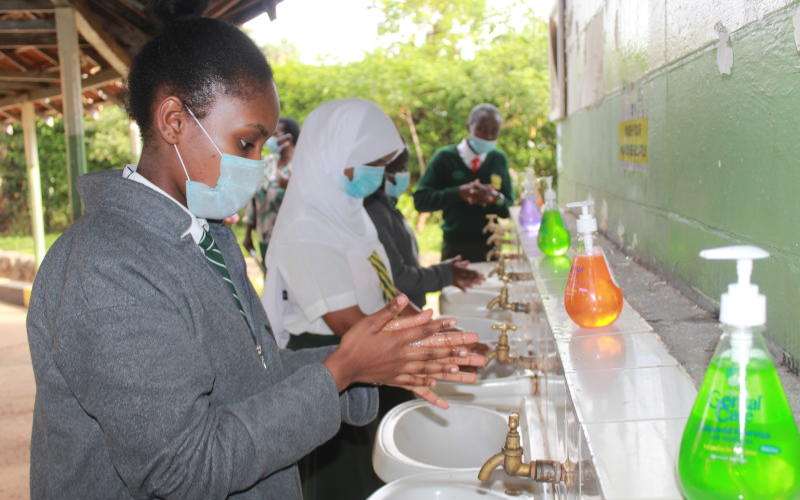
As coronavirus ravages the planet killing millions, it is difficult to think of any silver lining to the pandemic. Yet, if we look closely, there are some positive takeaways offered by the global health crisis across several sectors.
On the medical science front, it takes at least a decade from the time a putative molecule is discovered, isolated and developed into something that can be used for human health to alleviate pain and suffering. It then must prove its safety, quality and efficacy through a long process of testing, first in animal models, then in healthy humans, and humans suffering from the particular disease it is meant to cure or ameliorate.